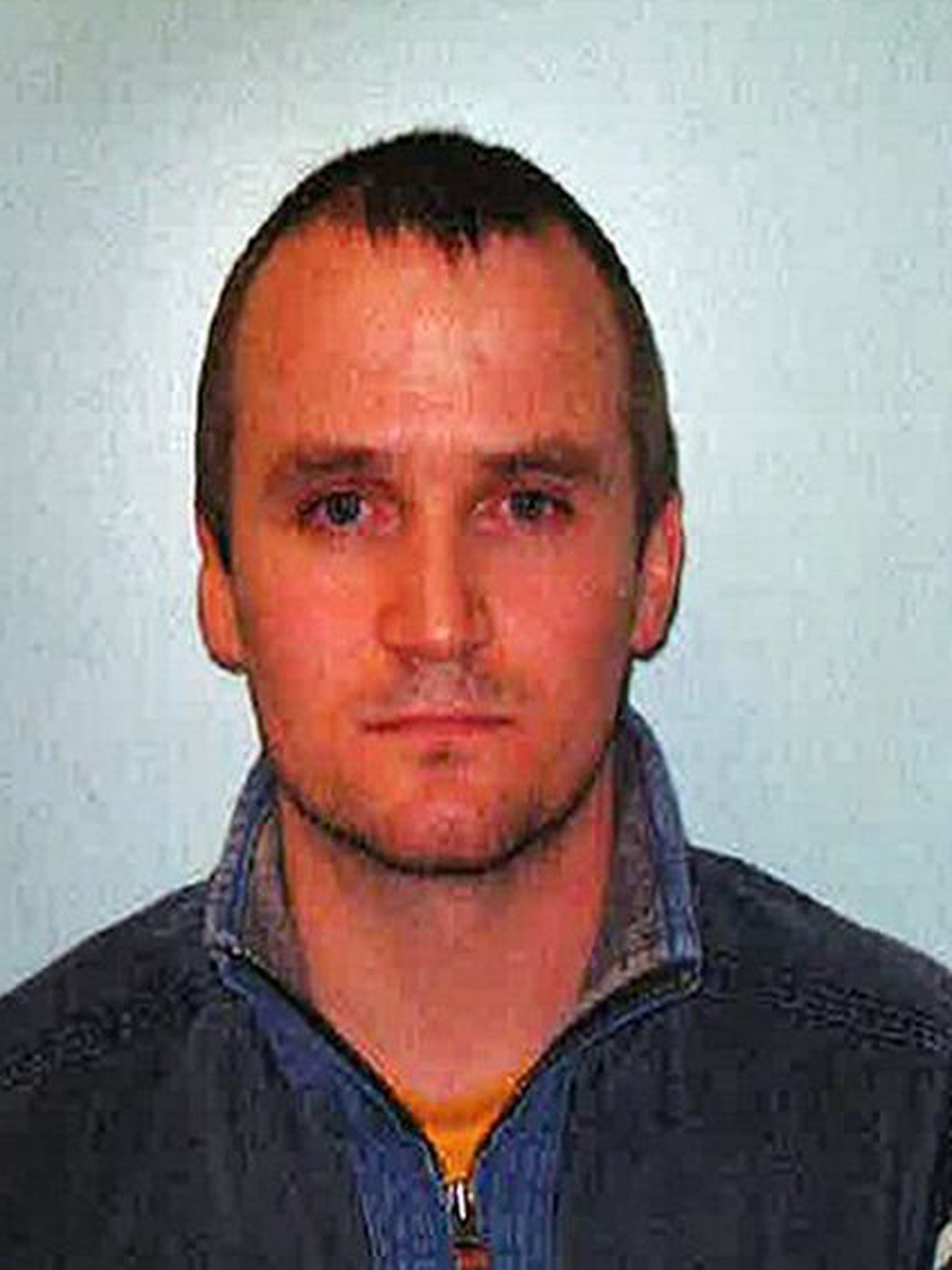Nuclear submariner jailed for eight years for trying to pass on naval secrets to men he believed were Russian spies
Edward Devenney was told he had betrayed his country and his colleagues

A nuclear submariner caught trying to pass on naval secrets to Russian spies has been jailed for eight years.
Communications engineer Edward Devenney was told he had betrayed his country and his colleagues by meeting two men he wrongly believed to be Russian spies to discuss nuclear submarine secrets.
Sentencing the 30-year-old at the Old Bailey, Mr Justice Saunders said “He did supply details of movements and operations carried out and to be carried out by nuclear submarines.
He added: ”I am satisfied that in the wrong hands it was capable of affecting the operational effectiveness of nuclear submarines”.
Earlier Devenney told the Old Bailey he had grown disillusioned with the Royal Navy after his chances of promotion were dashed by defence cuts.
He claimed to have just been cleared on a rape charge at the time, and said he was drinking heavily and suffering bouts of depression.
Devenney said he asked for his promotion training course to be deferred for a year but his absences without leave and conduct had led to a warning that he would be sacked if it continued, the court heard.
But by January this year, when he met the men in London, Devenney was a “controlled and rational man”.
No damage had actually been done to national security because the Russians were in fact MI5 intelligence officers, but Devenney had not known that at the time.
Devenney pleaded guilty to breaching the Official Secrets Act by gathering classified information and misconduct by meeting the supposed spies.
Outside court, solicitor Richard Cannon read a statement on behalf of Devenney which said: “I am deeply sorry for the hurt and shame that I have brought on my family and loved ones.
”Prior to these events I gave the Royal Navy 11 and a half years of service and I deeply regret my actions and the effect they have had on the Submarine Service and colleagues.“
Mari Reid, unit head for the CPS counter-terrorism division, said: ”This was a classic story of betrayal.
“Edward Devenney was employed by the Royal Navy to protect this country from potential threats to our security. Instead, he pursued a course of conduct likely to put his country at risk.
”We rely on the men and women of our armed forces to keep us safe. It is hard to imagine a greater breach of that role than Devenney's actions.“
The court heard that Devenney rang the Russian Embassy in November last year, after what he said was a 12-hour drinking binge.
He thought he had been treated badly by the Royal Navy because he was not promoted to chief petty officer.
Two days later, he managed to get into a locked safe on board HMS Vigilant and take three photographs of part of a secret code for encrypted information.
The judge said: ”The photographs could, with other information, have led to the breaking of the code.“
He added: ”The defendant made determined efforts to enter into an agreement to supply secret information to representatives of another country.
“The reason he later gave for his actions was that he wished to get his own back on the Royal Navy who he considered had treated him badly.”
But the judge added: “The objective evidence is that the Royal Navy treated him well.”
Lord Carlile, for Devenney, read out a statement from him which said: “I would like to apologise for the shame I brought on the Royal Navy.”
He said Devenney had been “something of a blue-eyed boy” until things began to go awry, claiming the rape allegation led to a general collapse in his behaviour.
Subscribe to Independent Premium to bookmark this article
Want to bookmark your favourite articles and stories to read or reference later? Start your Independent Premium subscription today.
